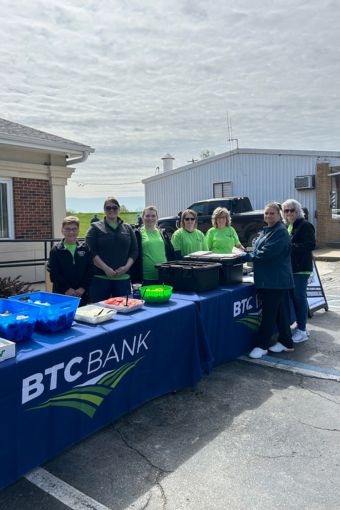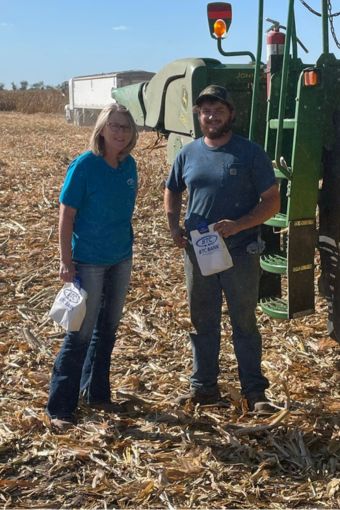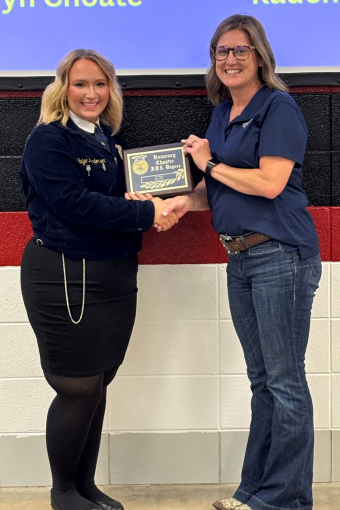BTC Bank

Wealth management tailored to meet your goals

Protect your legacy.
Plan for your family's future and reach your financial goals.
Download our app to manage your money from any device:
Secure traditions for years to come.
Here for Good. Since 1919.
We’re dedicated to enhancing the lives of our neighbors, offering our service and support with a promise to be here for good.
4.8
Star rating on Google
1,000+
Volunteer Hours in 2024
$85k
Scholarships Awarded to Students
$500k+
Charitable Giving Through AYBC

Find what you were looking for?
If not, give us a shout! Contact us or explore more helpful resources below.
- Locations
- Estate and Trust Administration
- Farm Management
- Farm Succession Planning
- Business Succession Planning
- Contact Us
Products are not insured by FDIC. Products are not deposit or other obligation of, or guaranteed by, the bank. Products are subject to investment risk, including possible loss of principal.











